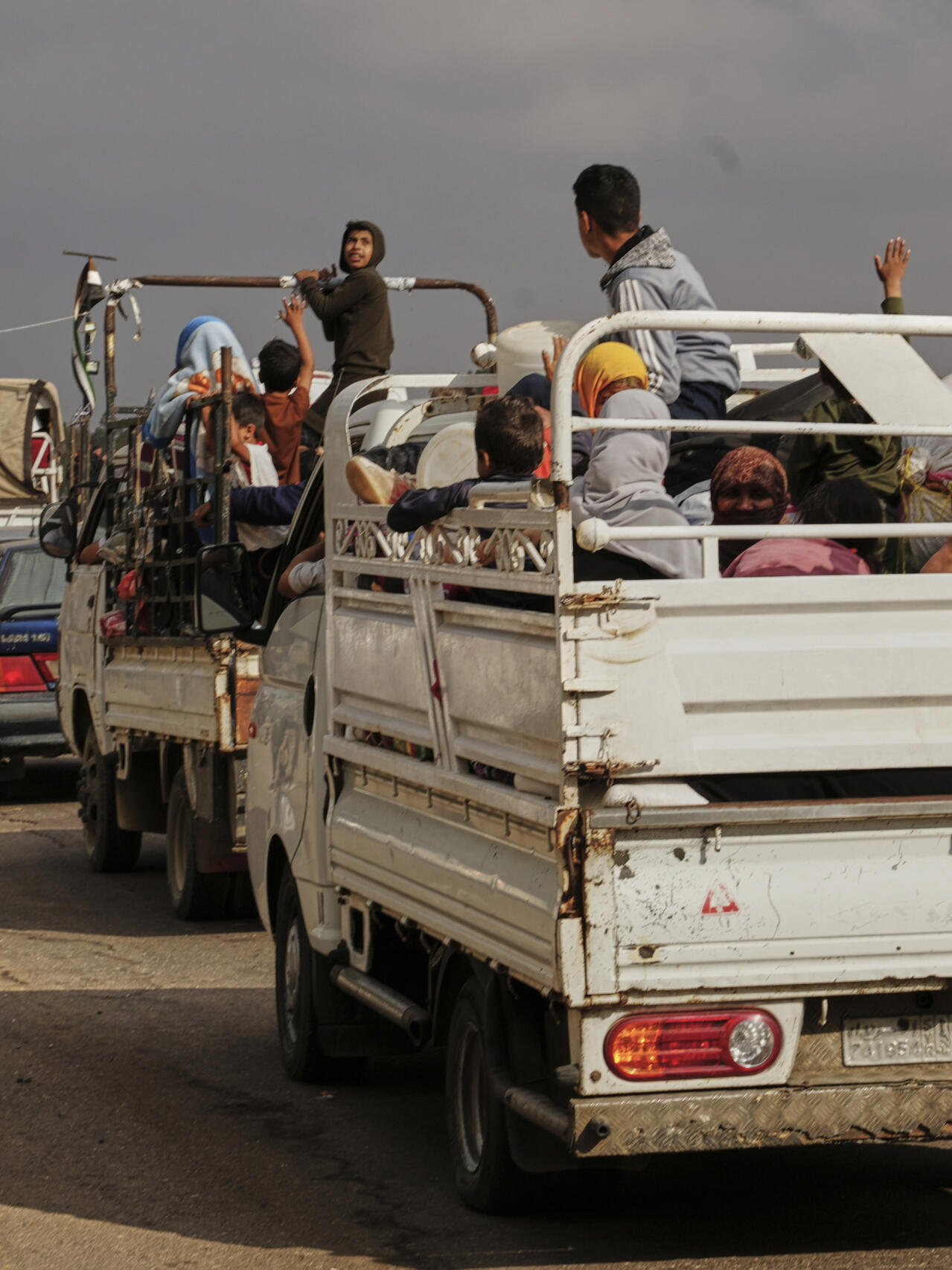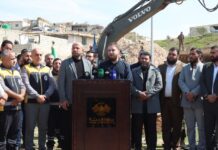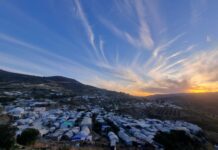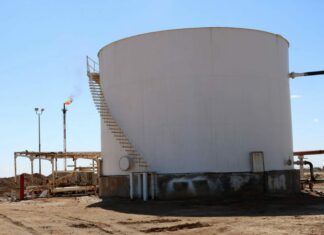
Over 100 Bedouin families, nearly 600 people, began returning this week to villages in Suwayda’s eastern countryside after nearly two months of displacement caused by armed clashes in July. Syria TV reported families from Qasr and Tal Asfar left temporary shelters in Daraa, where schools had been converted into housing, and made the journey home ahead of the new school year.
Residents said they had been promised electricity, repaired wells, and rehabilitated schools before their return. “The government promised us that our return would come with guarantees, and we hope that it will help us and provide us with financial and food aid,” said Muhammad Sabah al-Bardhan, a Qasr resident.
Lingering Trauma and Insecurity
Many families expressed both relief and hesitation as they settled back into villages scarred by violence. Elderly resident Faiza, also from Qasr, recalled how armed groups attacked her village before she fled with her children. “They slaughtered us, by God. We and our children were displaced. We are going back. We have nothing left but our homes.”
Some returnees worry about the persistence of kidnappings and sectarian reprisals. Anadolu Agency reported that the Bedouins returned to Qasr after nearly two months away but said concerns about renewed clashes remain high. One villager, Muhammad Zorik, 58, said groups loyal to Druze leader Hikmat al-Hijri shelled Bedouin areas daily and abducted residents during the July fighting.
Scale of Displacement Still Vast
Despite these first returns, Suwayda faces a larger displacement crisis. Mustafa al-Amiri, spokesperson for local tribes, said 14 neighborhoods and dozens of villages remain empty, with as many as 150,000 people—about one-third of the governorate’s population—displaced. Many remain in Daraa, Hauran, Damascus and its countryside, or Homs.
The UN estimated in July that 176,000 people were displaced in southern Syria due to the deteriorating security situation, according to UNHCR Representative Gonzalo Vargas Llosa. Demonstrations have taken place, where displaced Bedouins demanded the right to return to their villages and condemned the violence that forced them to flee.
Authorities Promise Support
Suwayda Governor Mustafa al-Bakour said aid has been distributed to families who have returned to the northeastern countryside. “This step falls within the framework of emergency response efforts to alleviate the suffering of affected families and support their stability after years of displacement by providing their basic needs and ensuring a safe and dignified return,” he told local media.
Bakour added that a plan is underway to rehabilitate 51 villages across eastern and western Suwayda, including projects to restore electricity networks, water infrastructure, schools, and clinics. Tribal leaders such as Amiri, however, insist that full security guarantees and the release of detained tribespeople are necessary for a genuine return.
For now, families like those in Qasr and Tal Asfar are attempting to rebuild, balancing hope with unease. As one resident put it, “We are back, but we don’t know what tomorrow will bring.”








